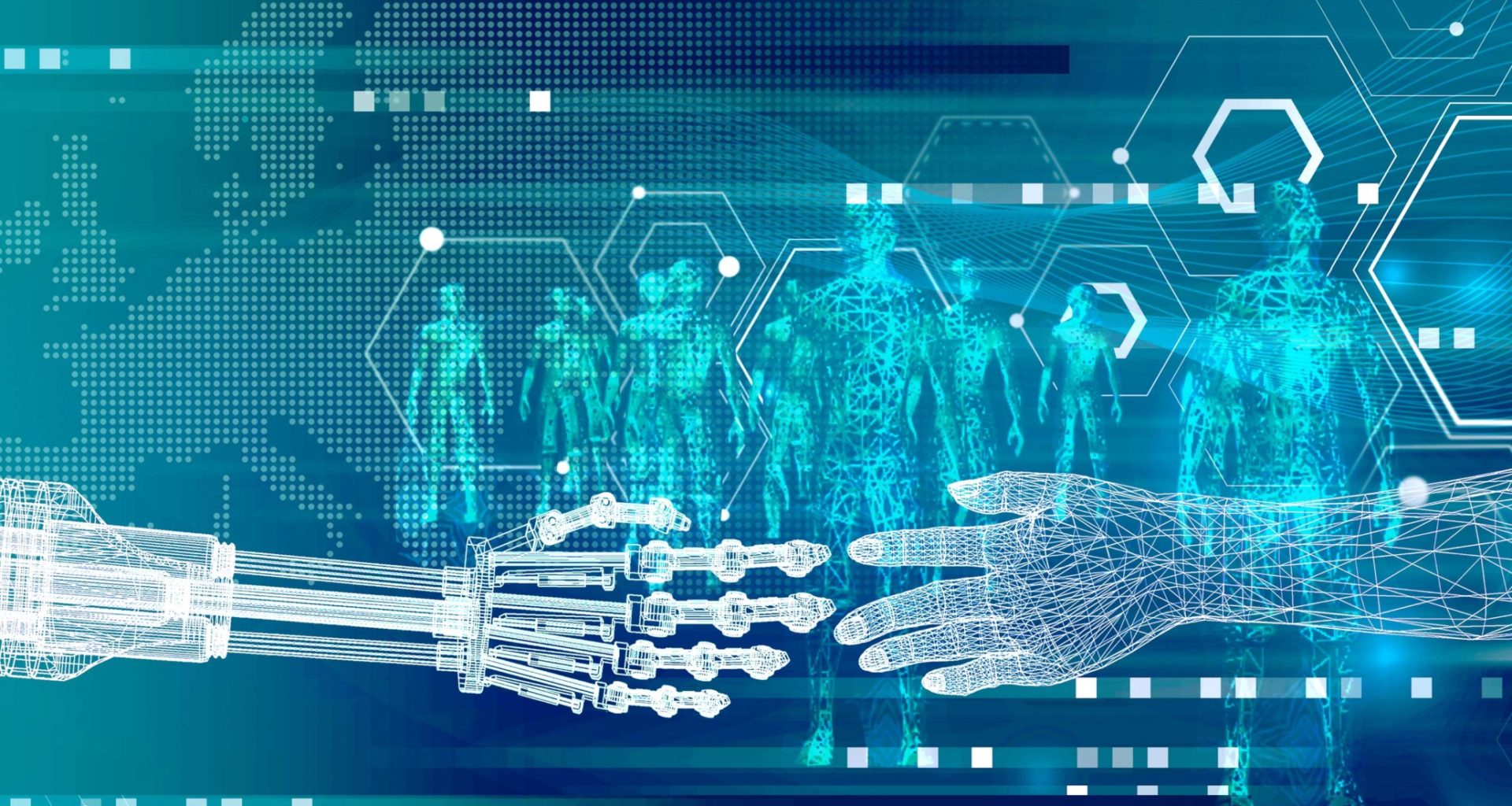From aging populations and widespread skills shortages to healthcare systems in crisis – can robots save the day? In this five-part series we take a look at companies around the world who are using technology for the betterment of humankind.
Robots may be replacing some human jobs, but it isn’t all bad news. They’re proving to be efficient, cost-effective and productive members of society. In fact, some are literally more caring than humans.
We take a look at a number of European companies investing in new ways robotics and AI can transform society for a more peaceful, healthy and productive tomorrow.
Robots for cleaner cities
Country: Germany
Sector: Waste management
Company: Enway
Feature: Autonomous vehicles creating more liveable cities
More people are living in urban areas, meaning the increasing volume of waste is becoming a challenge for town planners and local authorities. Fortunately, technology is here to help. Enway is a German startup developing software for autonomous speciality vehicles, including street sweepers and waste collection trucks.
Along with the software, the vehicles use a combination of Lidar, cameras, radar, FNSS and wheel odometry to navigate. Trucks can be programmed to follow human workers, with the aim of making refuse collection safer and more efficient.
The manual mode of street sweepers is expensive, complex and prone to accidents. By enabling speciality vehicle manufacturers and suppliers to update their street sweeper and waste collection vehicles, we will make these speciality vehicles more efficient and safe with our autonomous technology.
Julian Nordt, co-founder, Enway (via EU-Startups.com)
When IoT meets hydroponics

Country: Greece
Sector: Home and garden
Company: CityCrop
Feature: Automated indoor gardening
Fresh, healthy, home-grown produce isn’t always within reach for many city-dwellers. To tackle that problem and reduce the carbon footprint of food, CityCrop has developed an autonomous indoor gardening device.
The system relies on hydroponics, where plants are grown and fed in nutrient-rich water. An accompanying smartphone app monitors the plants and provides gardeners tips through notifications. All the while, learning algorithms provide gardeners with the right microclimate based on what plants are being cultivated.
Greece, traditionally, is a country with many years of experience in agriculture, and more or less every one of us knows how it tastes to eat fresh and flavourful veggies, herbs and fruits. This, from the beginning, was a very strong reason for us to share this culture with the rest of the world and led us not only to imagine but actually design and produce this innovative product.
CityCrop (via Startupcompete.co)
Using AI to fix fake news

Country: UK
Sector: News and media
Company: Factmata
Feature: Anti-fake-news startup tackling the growing problem of misleading content
London-based Factmata is hoping to use AI to stop the problem of fake news and extremist content online. It’s received backing from a number of major US investors, including Twitter co-founder Biz Stone, as well as internet entrepreneur Sunil Paul and Craigslist founder, Craig Newmark.
Factmata is still in development, but it intends to develop two products: one business-facing and another for consumers. It hopes journalists, researchers and the public, alongside businesses and advertisers, can use its algorithm to identify fake news and misleading content on the web.
We are not trying to build tech that is trying to make articles unbiased. We’re not trying to create automated machine journalism that makes the most unbiased articles. We’re trying to surface and make clear to the reader that those biases do exist. For example, they made the claim because it’s like this. It’s difficult in a fast news cycle always to know the context.
Dhruv Ghulati, CEO and founder, Factmata (via TechCrunch)
Robots improving elderly care
Country: Various
Sector: Elderly care
Companies: PAL Robotics (Spain), ProBayes (France), Citard IT Services (Cyprus), Caritas Diocesana de Coimbra: Care Centre (Portugal) alongside four research universities
Feature: EU-funded research project called GrowMeUp
Researchers from eight companies and research organisations from five EU companies have come together to create a robot programmed to understand a person’s preferences and habits to detect changes in behaviour.
Called GrowMu, it can adapt its functionalities and provide help to people in daily life. For example, if a Pilates lover misses a class, the robot can raise questions to caregivers. Or, if an elderly person falls, it can automatically alert care staff.
Researchers believe the key to the robot’s success will be how unobtrusive it is. Unlike wearables or complicated computers, these robots can safely navigate an older person’s home with minimal fuss.
Our vision is that eventually the robot will be part of a kind of ´smart home´ environment for the users. The robot has sensors that could check temperatures, if the person has left the fridge door open, or the oven switched on, for instance.
Goncalo S Martins, electrical engineer, University of Coimbra (via Euronews)
Robots reducing the need for herbicide

Country: Switzerland
Sector: Agriculture
Company: EcoRobotix
Feature: Fully autonomous robot for the weeding of row crops, meadows and intercropping cultures
EcoRobotix has developed an autonomous robot for ‘smart weeding’. It uses camera recognition and GPS navigation systems to tackle weeds, only applying a microdose of herbicide to the weed at the time.
It uses 20 times less herbicide per application and is 30% less expensive than traditional methods. The result is a modern farming process that is ecologically less damaging, limits impact on soil compaction and reduces the reliance on genetically modified herbicide tolerant crops.
We want to contribute to the emergence of a form of agriculture that respects the environment, focusing on conservation of the soil and hydrological resources and using a minimum amount of energy.
EcoRobotix
With their ability to detect, care and monitor, the future of humanity seems closely tied in with robots. And judging from the above, the future won’t be all that bad.











